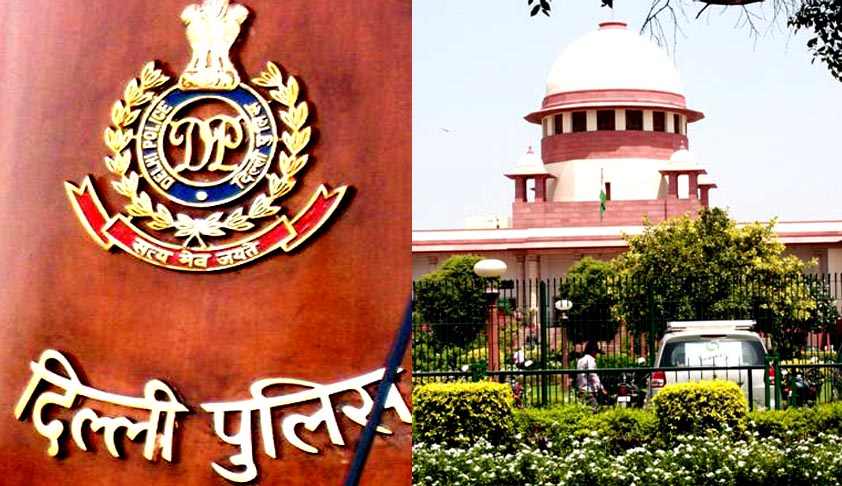Intern Sexual harassment Case-Delhi Police violates Lalita Kumari; Will the Supreme Court initiate contempt ?
M.A.Rashid
3 Dec 2013 1:00 PM IST

Next Story
3 Dec 2013 1:00 PM IST
The Delhi Police says they would proceed in accordance with the directions of the Supreme Court in the NUJS intern sexual harassment case, in which former Supreme Court Judge and present WB Human Right Commission Chairman Justice A.K.Ganguly is allegedly involved.According to Hindu report ‘Delhi Police would proceed in accordance with the directions of the Supreme Court in connection...
